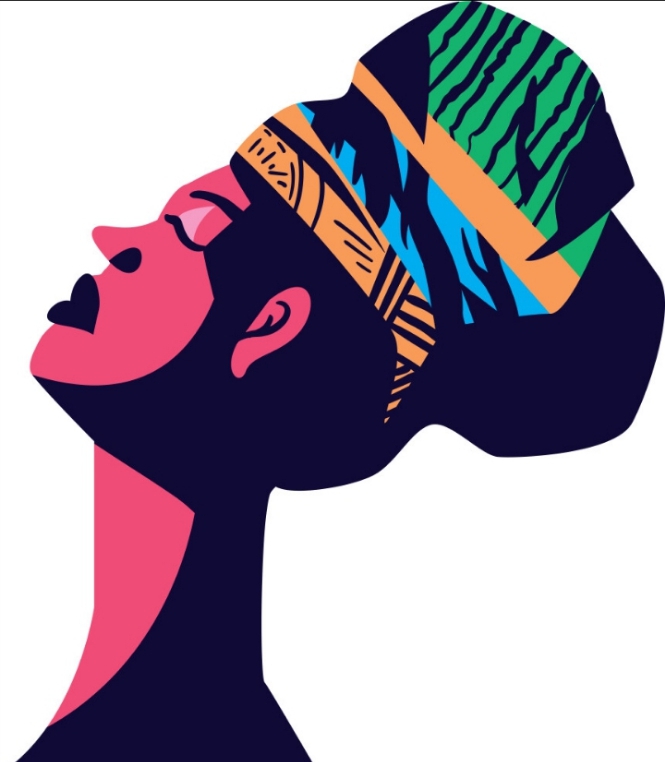THE STRETCH OF FEELING IN SOUTH-WEST NIGERIAN ENGLISH
“Oooo” — The Stretch of Feeling in South-West Nigerian English
Ever notice how one tiny sound — “oooo” — can carry a whole novel’s worth of emotion?
Spend just one week in South-West Nigeria — Lagos, Ibadan, Akure — and you’ll hear it flying everywhere like music in the air.
“She’s fine oooo!”
“Don’t try me oooo!”
“This food sweet oooo!”
To an outsider, it’s just a string of vowels.
To us? It’s vibes, feelings, and full drama in surround sound.
1. Not Just a Sound — It’s a Feeling
“Oooo” isn’t noise. It’s seasoning.
It’s that extra pepper you add to a sentence to make emotion rise from the surface — excitement, warning, disbelief, affection, even small sarcasm.
Without it, the line sounds dry.
With it? It breathes.
“I’m tired.” (Normal talk.)
“I’m tired oooo!” (Now frustration, weariness, and small wahala have entered.)
That stretch of “o” isn’t accidental — it’s like your tone and your soul teaming up to express the unspoken.
2. Yoruba Roots — Where It All Began
The “oooo” didn’t just appear from nowhere. It carries Yoruba DNA.
In Yoruba speech, stretching vowels and playing with tone is how emotions are painted.
So when Yoruba speakers switch to English, they bring that same melody along — and the “oooo” becomes a cultural remix.
Linguists might call it prosodic transfer or code influence.
But let’s be real — it’s just pure ginger.
3. Every “Oooo” Has Its Mood
Not all “oooo”s mean the same thing. The tone, the pitch, the face you make — all of them matter.
When someone says,
“Thank you oooo!”
that’s warmth and genuine excitement, the kind that makes you smile.
Say,
“You will see oooo.”
and suddenly it’s a playful warning — the kind you feel in your chest.
Then there’s,
“It’s raining oooo.”
That one comes with disbelief, complaint, or even dramatic helplessness.
And when you hear,
“Ha! You don’t know him oooo!”
you already know gossip and gist have entered the chat.
Each version carries a distinct beat.
The voice, the eyes, even the pause before the stretch — that’s where the meaning hides.
4. The Digital “Oooo” — Emotion in Text
Then came WhatsApp, X, and Instagram — and “oooo” found a new playground.
Now it’s part of online conversation, doing what emojis and punctuation can’t.
‘‘You no go believe what happened oooo 😂”
“Abeg, help me oooo 🙏🏾”
It softens tone, adds warmth, and brings playfulness into text.
Try removing it, and the sentence instantly loses its heart.
“Oooo” is punctuation with personality — loud, human, and unfiltered.
5. More Than Grammar — It’s Identity
“Oooo” is not just a sound — it’s identity in motion.
It’s how we stamp ownership on English, how we turn a colonial tongue into our own groove.
It’s humor, warmth, pride — and a reminder that this English no be imported, it’s seasoned Nigerian edition.
So when someone says,
“That your dress fine oooo!”
don’t just smile. Listen closely — a vowel is carrying culture, connection, and joy.
Final Thought
In a world where English is often measured by how “proper” it sounds,
the humble “oooo” stands loud, proud, and gloriously unbothered.
It’s living proof that language isn’t only about correctness — it’s about expression.
And in South-West Nigeria, nobody stretches a single sound into pure feeling better than someone who knows how to say
“E sweet me oooo!”
📸 Photo Credit: Vector Stock Image
✍🏾 Written with gist, warmth, and that Lagos-Ibadan rhythm.




























.jpeg)
.webp)








(0) Comment
(0) Comment